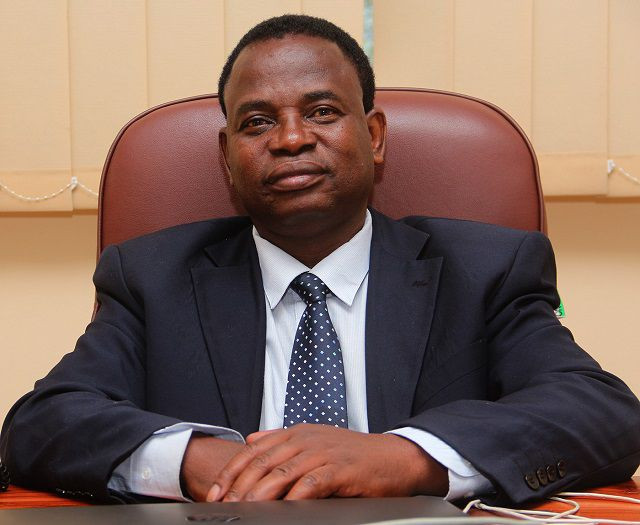
RESIDENTS are livid over what they say is the hijacking of the City of Harare’s decision-making authority by the Local Government and Public Works ministry.
This is after the government in January this year announced that it had decided to privatise water services in urban areas, adding that it had entered into an agreement with a Chinese company through its local partner to build a new water treatment reservoir for Harare.
Local Government and Public Works minister Daniel Garwe announced the proposed plan involving outsourcing water management and supply in major cities to private companies.
To be honest, the City of Harare has dismally failed in discharging its duties.
There is no water provision in residential and industrial areas.
Garbage is strewn everywhere.
The young generation has never witnessed refuse collection or clean water running from the taps.
Some of the local authorities’ problems are self-manufactured, while others are attributable to government interference.
- Benzema confident Real will reach UCL final
- Rigging exposes widening Mnangagwa, Chiwenga rift
- Health talk: Mental health disorders and demolitions in Zimbabwe
- Munatsi family speaks on banker’s shock death
Keep Reading
In neighbouring South Africa, Rand Water, the largest bulk water utility in Africa and one of the largest in the world, provides bulk potable water to more than 11 million people in Johannesburg.
Johannesburg Water, an entity of the city, purchases the water and distributes it to residents.
Rand Water sources raw water from the Integrated Vaal River System and treats it to meet drinking standards.
In terms of refuse collection, there are private players who are paid by the municipality to assist in the good act.
In Harare, more often than not, water does not come out of the taps, and in areas where the precious liquid does pour out, it either has a curious colour or smell and poses a health threat to those who dare drink it.
Privatisation of water is key to improving service delivery, particularly for municipalities that are owed large sums of money by residents, businesses, government ministries, departments and agencies.
The Zimbabwe Electricity Transmission and Distribution Company, although it ran out of smart meters, now has a reliable way of doing business through pre-paid electricity sales. This eliminates the need for debt collection and the ugly business associated with such.
Harare and other cities can do the same.
Unfortunately, at a time when it is failing to provide services, reports are emerging of senior executives in the local authority getting as much as US$27 000 per month, among other huge perks.
Government bureaucrats have a tendency of pushing through deals that benefit their pockets at the expense of ratepayers and taxpayers.
If the government is to successfully implement water privatisation, it must engage residents so that they walk side-by-side in the execution of the project.






